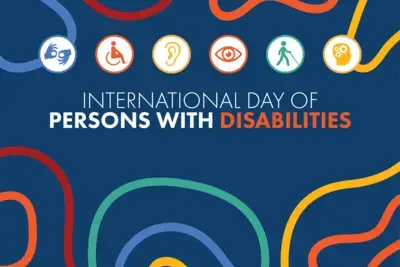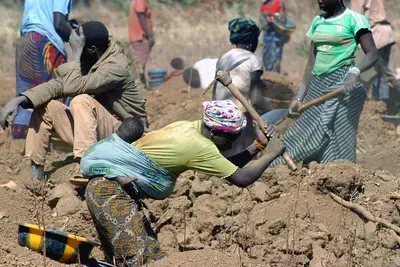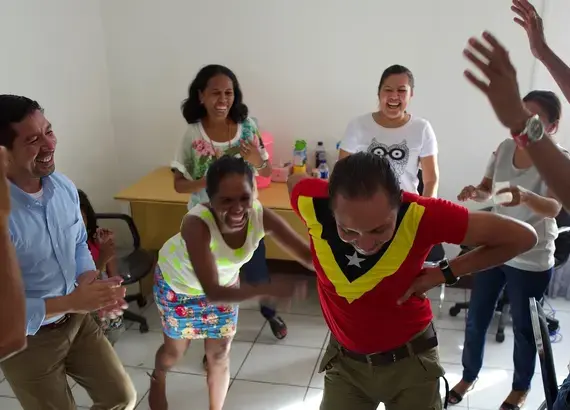
Approximately 70 percent of Timor-Leste’s population is below 30 years old. Many are members of the generation that saw the tail-end of Timor’s brutal fight for independence and the violence and crises that followed in 2006.
Success Story
Timor-Leste Celebrates Peaceful Parliamentary Elections
Timor-Leste’s July 2017 parliamentary elections, and its earlier presidential polls in March, marked significant milestones for this island nation’s young democracy. First, these were the first-ever Timorese-administered national elections since the country achieved full independence from Indonesia in 2001. Previous elections in 2001, 2007 and 2012 were held under United Nations stewardship as Timorese citizens struggled to find peace in the bloody aftermath of a 1999 independence referendum that displaced more than half its population and destroyed over 70 percent of its infrastructure. That the 2017 elections were peaceful, and by all accounts well-administered, is no small achievement for Timor’s young democracy. In the words of Timorese Nobel laureate, Jose Ramos-Horta, the success of the 2017 polls means that “soon [our] elections will become non-events.”
The 2017 parliamentary elections also were the first in which Timorese born after the country’s 1999 independence referendum were eligible to vote, helping to usher into parliament a new youth-based party -- Kmanek Haburas Unidade Nasional Timor Oan (Khunto) – for the first time. Most of Khunto's supporters are between the ages of 17 and 30 whose concerns are jobs and economic uncertainty. This young party’s success at the polls, backed by such a large demographic, could lead to new policies to address the needs of the country’s economically disenfranchised youth. At the same time, fissures emerging in the country’s de-facto governing coalition – composed of the nation’s historically two largest parties, FRETILIN and National Congress for Timorese Reconstruction (CNRT) – could expand the space for smaller parties such as Khunto to form their own coalitions, emerging as a political force in the formation of the new government.
Many observers believe this would be a welcome change as there has been too little debate about a looming financial crisis once the country’s oil and cash reserves are depleted over the next decade. As negotiations continue over the formation of a new government, the president has asked citizens to “continue to put their trust in the historical leaders [of the independence] and to “remain calm and serene while the parties seek a solution for the new government.” The Catholic Bishop of Dili has also weighed in, telling NDI that the country’s peaceful and orderly elections are “a school that people are learning from” and he hopes that citizens will “treasure the peace and work to protect it.”
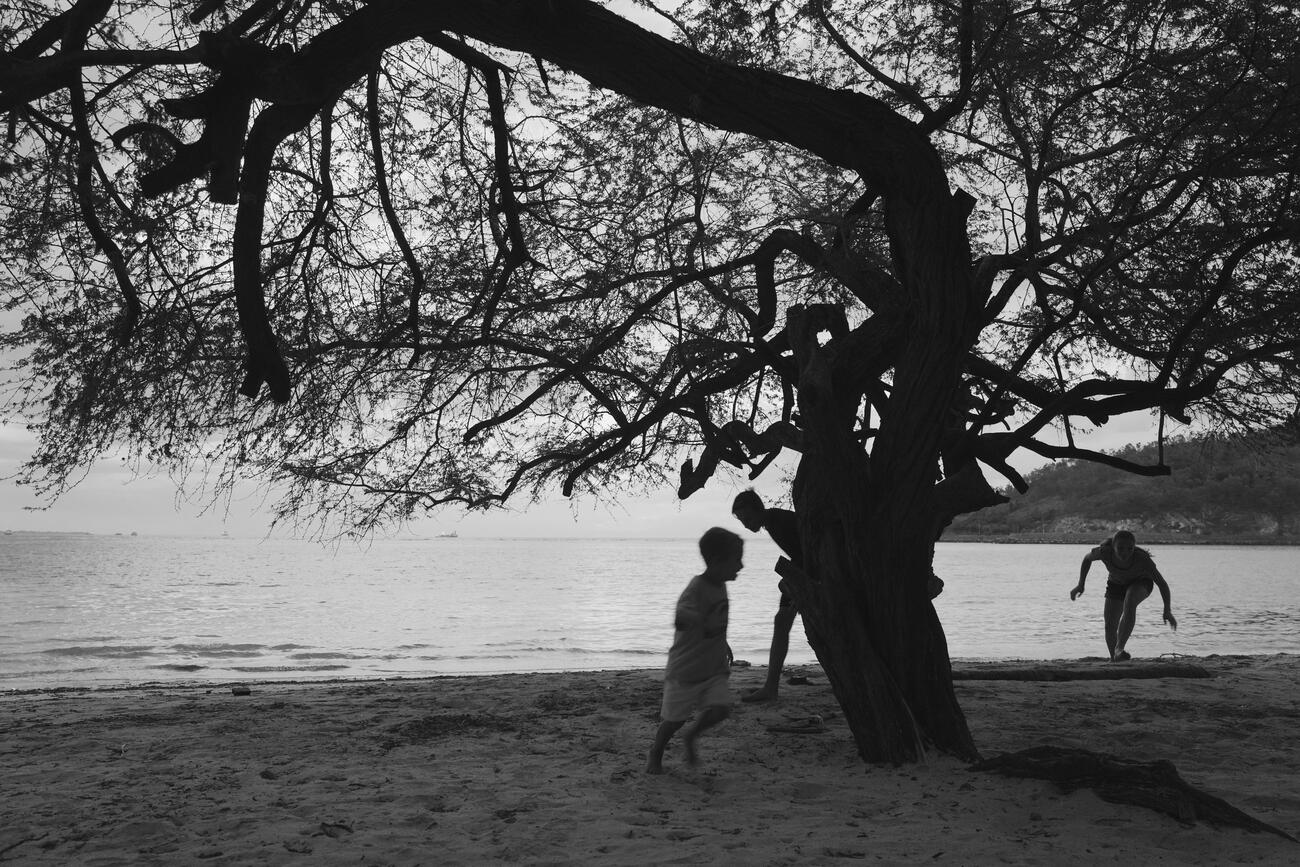
Children at play in Areia Branca in Dili, Timor-Leste. (Photo: Telibert Laoc)
In the meantime, Timor’s younger generation who witnessed the tail-end of the country’s brutal fight for independence and the crises of 2006 have a peaceful election to celebrate. Watching children playing in a Dili park during the recent elections, a longtime Timor observer told NDI, “fifteen years ago, I couldn’t have imagined when children would come out and play as freely as they do now.” The transition to independence and multiparty democracy in Timor-Leste has been a long one for the Timorese.
ABOUT NDI IN TIMOR-LESTE:
Since the historic 1999 referendum that initiated Timor Leste’s transition to independence and multiparty democracy, NDI has conducted programs to strengthen the country’s civil society and democratic political institutions, promote citizen dialogue on the democratic transition process, and support nationwide civic education on constitutional development and political processes. In advance of the country’s 2007 and 2017 presidential and parliamentary elections, the Institute helped to support the work of Timor Leste partner organizations to hold candidate debates, conduct citizen-led election observation, and help Timorese women to develop strategies to mitigate violence against women in elections.
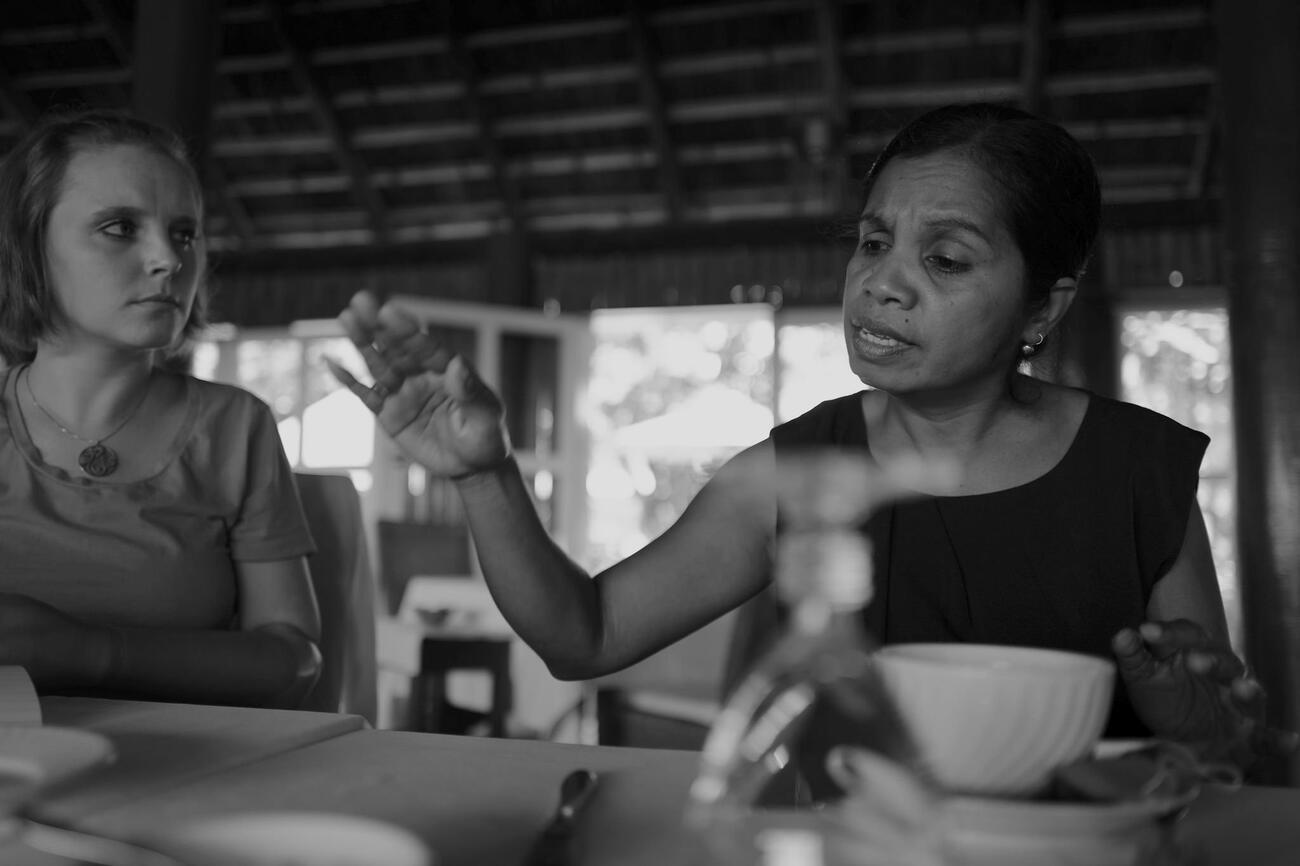
Find out more about NDI's work on violence against women in politics.

